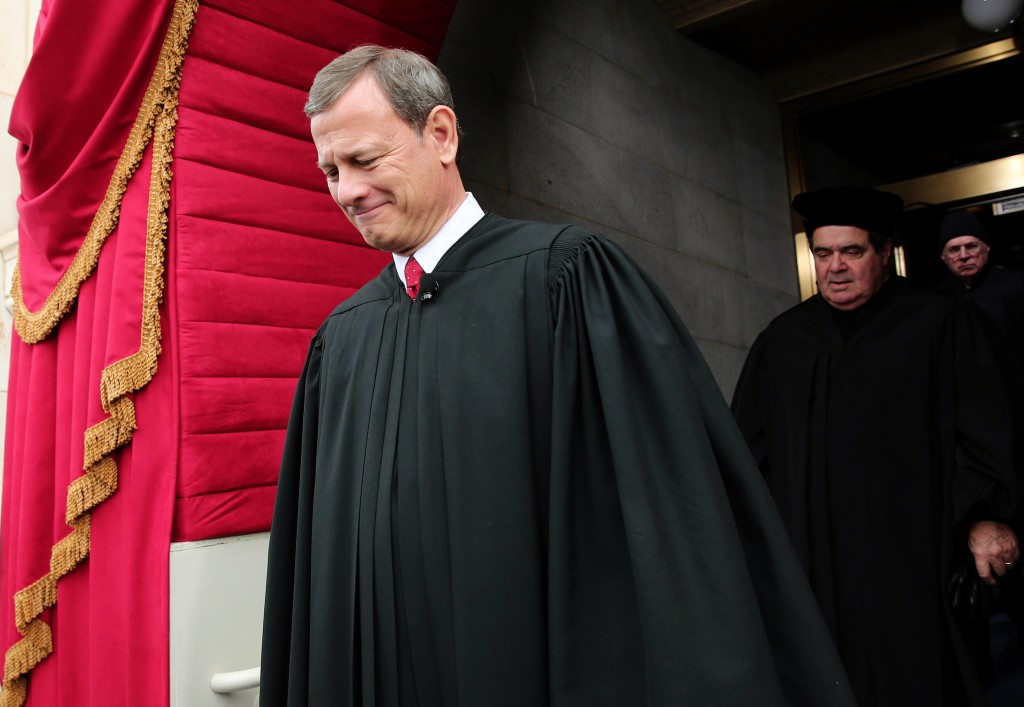Washington – Two days before supervising the new U.S. President Donald Trump’s swear in, Chief Justice of the U.S. Supreme Court John Roberts chaired a session to look after complaints by Muslims who were arrested after Sept. 11, 2001 attacks.
During his electoral campaign, Trump called for total ban on Muslims to enter the United States so that the Congress could know what is going on, but he later called for deeper scrutiny for those coming from terrorist countries.
Muslims in the United States, who were rounded up and detained in the immediate aftermath of the 9/11 attacks took their case before the U.S. Supreme Court on Wednesday.
The U.S. Supreme court reviewed whether the men, who say they were held after the al-Qaeda attack based solely on their identity as Arab Muslims, had the right to sue top U.S. officials including then-Attorney General John Ashcroft and Federal Bureau of Investigation Director Robert Mueller, for what they deemed illegal detention.
The men were among 750 Muslims rounded up after the attacks, many on grounds that they did not have legal U.S. immigration papers.
They said they were held in small isolation cells for up to 23 hours at a stretch and subjected to mental and physical abuse. They were held in detention for three to eight months.
Former attorney general John D. Ashcroft, former FBI director Robert S. Mueller III and other officials appealed a divided decision by the U.S. Court of Appeals for the 2nd Circuit in New York that allowed the case to proceed in 2015.
Human rights and immigrant advocates say the outcome of the case is even more significant with the inauguration Friday of President-elect Donald Trump because his policy proposals could possibly violate the Constitution.
Two liberal justices, Elena Kagan and Sonia Sotomayor, recused themselves, presumably because of their earlier work in the solicitor general’s office and on the 2nd Circuit.
Roberts seemed to agree, saying it would be an “extraordinary departure” to hold officials personally liable.
He suggested that high-ranking officials responding to national emergencies should not be worried about being sued.
“I understand the argument that there are constitutional violations. But the question that you’re asking the court to do is to shape a remedy for that, a remedy that Congress has not provided,” he told Rachel Meeropol of the Center for Constitutional Rights, who argued the plaintiffs’ case.
If the court sides with the government, Meeropol said “there is nothing to deter even more excessive exercises of government power in the future.”
The lawsuit is the third filed against Ashcroft and others to reach the high court involving claims of alleged harsh treatment of Muslims arrested after 9/11.
